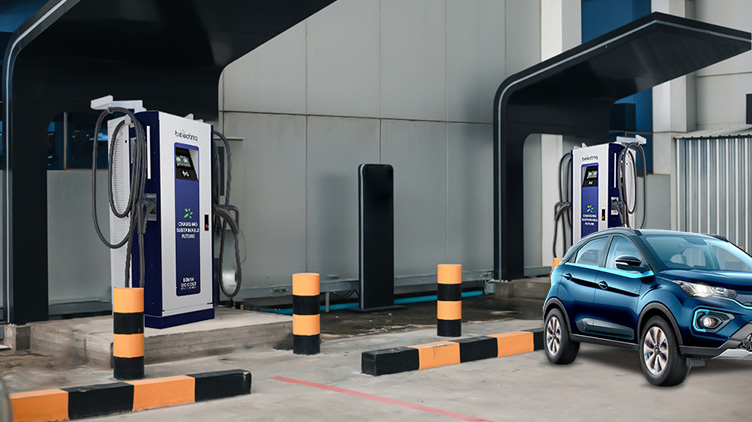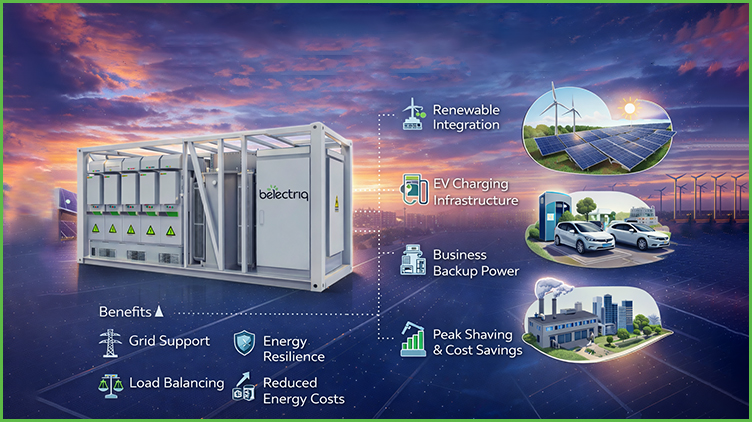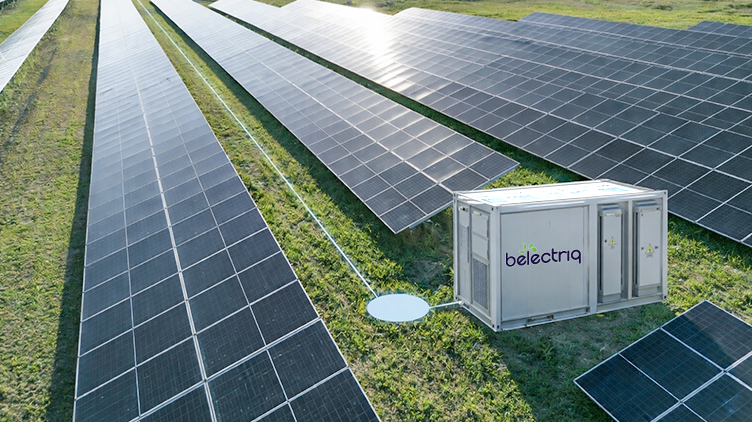Q1. Why are global tensions relevant to EV charging infrastructure?
The transition to electric vehicles (EVs) is essential for sustainable mobility and reducing carbon emissions worldwide. But building EV charging networks — the backbone of EV adoption — isn’t just about technology and funding. Global geopolitical tensions significantly affect how fast, affordable, and strategically aligned this infrastructure can grow.
Q2. How do supply chain disruptions affect EV charging development?
Geopolitical tensions such as trade wars or political stand-offs directly impact supply chains. Many critical EV components — like batteries, power electronics, and charger hardware — come from politically sensitive regions or face tariffs and export restrictions.
- These disruptions raise costs, delay deliveries, and complicate planning large-scale rollouts.
- For example, U.S.–China trade tensions led to tariffs on EV-related products, forcing manufacturers to relocate or diversify supply chains, adding cost and complexity.
Q3. Why are minerals like lithium, cobalt, and nickel such a big concern?
EV charging and battery production rely heavily on these “battery minerals,” but supply is concentrated in a few politically unstable or resource-controlling countries. This creates risks such as:
- Nations using mineral control as a geopolitical tool.
- Potential disruptions from local conflicts or export restrictions.
- Unequal technological dominance, especially by China, which leads in lithium-ion batteries and EV charger production.
This imbalance slows global collaboration and standardisation, preventing a seamless worldwide EV charging network.
Q4. How do regulations and security issues play into this?
Geopolitical tensions influence how governments regulate EV infrastructure. Increasingly, countries impose strict checks on foreign investments and cross-border projects for national security. The results include:
- Lengthy approval processes and higher project costs.
- Fragmented standards across countries.
- Rising cybersecurity and data privacy concerns in charging networks.
This regulatory fragmentation risks leaving certain regions behind in EV adoption.
Q5. How does economic uncertainty impact EV charging investment?
Trade disputes and global instability often fuel inflation and economic volatility. This leads to:
- Slower private investment in charging infrastructure.
- Consumers delaying EV purchases due to cost concerns.
- Infrastructure projects facing risks from fluctuating currencies, shifting subsidies, or tariff changes.
Some nations, however, try to benefit by positioning themselves as alternative supply hubs, leading to localised but fragmented growth.
Q6. What’s the overall impact of global politics on EV charging?
The expansion of EV charging is shaped not just by technology and capital but also by geopolitics. Fragile supply chains, mineral resource control, regulatory hurdles, and economic uncertainties slow down the vision of a globally connected EV charging network.
Q7. What can policymakers and industry leaders do to overcome these challenges?
To build resilient EV infrastructure, they must:
- Diversify and strengthen supply chains.
- Encourage international cooperation on standards and cybersecurity.
- Develop supportive investment policies that can withstand political shifts.
Only then can the goal of an affordable, extensive, and globally accessible EV charging network be realised.





Leave a Reply